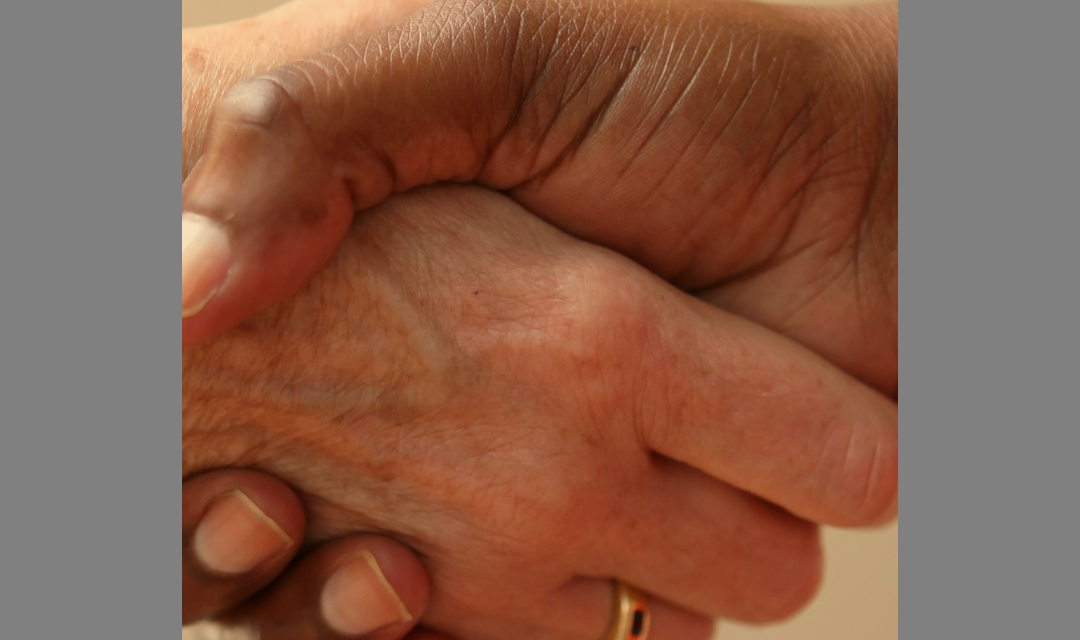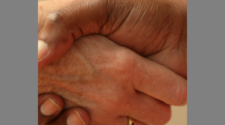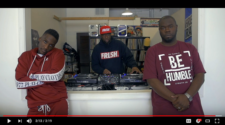Access to information without curation is a double-edged sword. We have access to technology that allows data to be transferred and available in our hands twenty-four hours a day. But information can be used to illuminate searching minds, or entrench ourselves in stubbornness. The current state of political, racial, and ideological division in America is proof that having data at our fingertips doesn’t drive logical conclusions, consensus, or unity. America suffers from a crisis of conscious that has allowed racism to persist in an age where information, cultural education, and diverse relationships are just a click away.
Racial ignorance can no longer be pleaded as a cause for innocence because we can research the dark past of our colloquialisms or the offensive nature of hand me down jokes. When statistics are used to create bias, and drive fear we can always find counter studies or opposing analysis that doesn’t demonize people who are different from us. Chants of “if you don’t like it here, go back to Africa” wouldn’t be combined with “Make America Great Again” since the two groups are both expressing a desire for change in America. How can we overcome the original human sin of contriving our own perspective of good, and then using that tainted lens to view a diverse world. How can we stop culturally ingrained stereotypes from trumping our Christian obligation to Love Our Neighbor?
The phrase love your neighbor is found throughout Jesus and the apostles ministry in the New Testament. For the purpose of this article I want to use a less often quoted section of scripture from Galatians 5:13…
“For you were called to freedom, brothers. Only do not use your freedom as an opportunity for the flesh, but through love serve one another. For the whole law is fulfilled in one word: ‘You shall love your neighbor as yourself.’ But if you bite and devour one another, watch out that you are not consumed by one another.”
American media, politics and even at times religions are so entrenched in their side of the ideological divide that they spend all of their time attempting to devour one another. Despite having access to boundless information we attack the opinions of those we disagree with, and defend our own position more often with pride than with data. Whenever the topic of racism is discussed in the public forum it becomes a heated debate about civil rights, hate, white supremacy, inclusion, affirmative action, economics, crime, education and healthcare to name a few. Countless experts weigh in and soon the conversation evolves into a clouded discussion around gender equality, women’s rights, or increasing the minimum wage.
We seem to avoid practical discussions around the basic humanity of persons of color and our morals, better yet, Christian obligation to love and serve one another. Showing the love that Christ has commanded and enabled us to provide through the Holy Spirit is the most pragmatic way for us overcome racism in our daily interactions. Racial tension often exists when there is an imbalance between privilege and oppression.
The news and social media has been plastered with stories on BBQ Becky, Permit Patty, Cornerstore Caroline, and Pool Patrol Paula. Widely portrayed as white privilege lording over the ordinary behavior of minorities in the public arena these scenarios go viral. Then we see oppression treated with satire to add levity to the pain as #livingwhileblack trends on twitter and we see stories of persons of color being accosted by authorities for the most common activities. Falling asleep while studying at law school, riding in a car with your white grandmother, trying to enter your own apartment complex, swimming in the pool at your apartment complex, having a meeting at Starbucks, or renting an AirBnB are just a few stories of the oppressed.
Every day presents a gauntlet of choices lined with land mines and tripwires of racial detonation that we must learn to navigate as Christians. Paul’s warning to the Galatians is appropriate today, and we have to decide to love one another, or allow our differences to devour us. Tragedies have a unique way of highlighting the best and worst of humanity in the same experience. On August 3rd, one man decided to devour those he differed from and opened fire on innocent lives in a Wal-Mart in El-Paso Texas. In the same instance, a man named Glendon Oakley decided to show sacrificial love for innocent lives and started grabbing children and rushing them to safety.
The most practical way for us to boldly stand against everyday racism is to confront it with love every chance we get. Whether from a seat of privilege or oppression, we should all be willing to show love through an extension of grace and be willing to sacrifice our personal comforts. As it says in Phillipians 2:3, count others more significant than yourselves. Some may ask what this looks like in application, so allow me to provide a few basic rules. The third episode of the Savage Truth Podcast “The Lion King and Racial Profiling” touches on a common subject of conflict that arises during shared experiences that lead to racially charged incidents.
Going to the movie theater or a restaurant is a shared experience. Most of us have encountered the obnoxious movie goer, or the sour restaurant patron that can turn your evening out into a local or national news story. We can attempt to influence, or de-escalate situations but in the end we only have control over our actions and behaviors. So a few rules to follow:
Rule #1 don’t be the distraction. Be sensitive to the fact that everyone involved in a shared experience invested in the enjoyment.
Rule #2 don’t be the escalator. When someone expresses a concern regardless of their tone, show love by taking their feelings into consideration instead of debating about your entitled privilege because of what you paid or who you are.
Rule #3 don’t just be a bystander. Always be willing to stand on the side of truth and love. Be an example of grace when you see situations spiraling out of control. If you see someone being discriminated against stand up for them, if you see someone being harrassed help them, be willing to show love even when it’s uncomfortable.
Rule #4 be a Christian by action not just association. As Christians we should stand for justice and the fair treatment of all people. As Christians we should strive to love our neighbors as ourselves. As Christians we should be willing to love our enemies and turn the other cheek when offended. As Christians we should respect authority and be willing to suffer persecution for our beliefs. As Christians we should set aside our biases and cultural prejudices to show the love of Christ. As Christians we should pray for the strength to look a person in the eyes who despises us because of the color of our skin and still love them enough to count them more significant than ourselves.
The most practical way to address racism in our daily actions is to be committed to allowing the regenerative power of Christ to strip away our personal opinions and prejudices and replace it with the first fruit of the Holy Spirit, Love. Without the Gospel, humanity will always struggle with the concept of grace that entails sacrificing oneself for others.
As a black man in America who has stared in the face of hate fueled by white supremacy, walked in the shoes of discriminatory profiling, subjected to the violation of my liberty, and detained without probable cause or apology, I still choose love. Love has allowed hate to detach itself from my black identity as I struggle daily to see myself in the image of God and not the caricature created by man.
I pray that everyone reading chooses to look at the world through a lens of love and when facing racial challenges, chooses to be Christian in action.
3,813 total views, 0 views today














